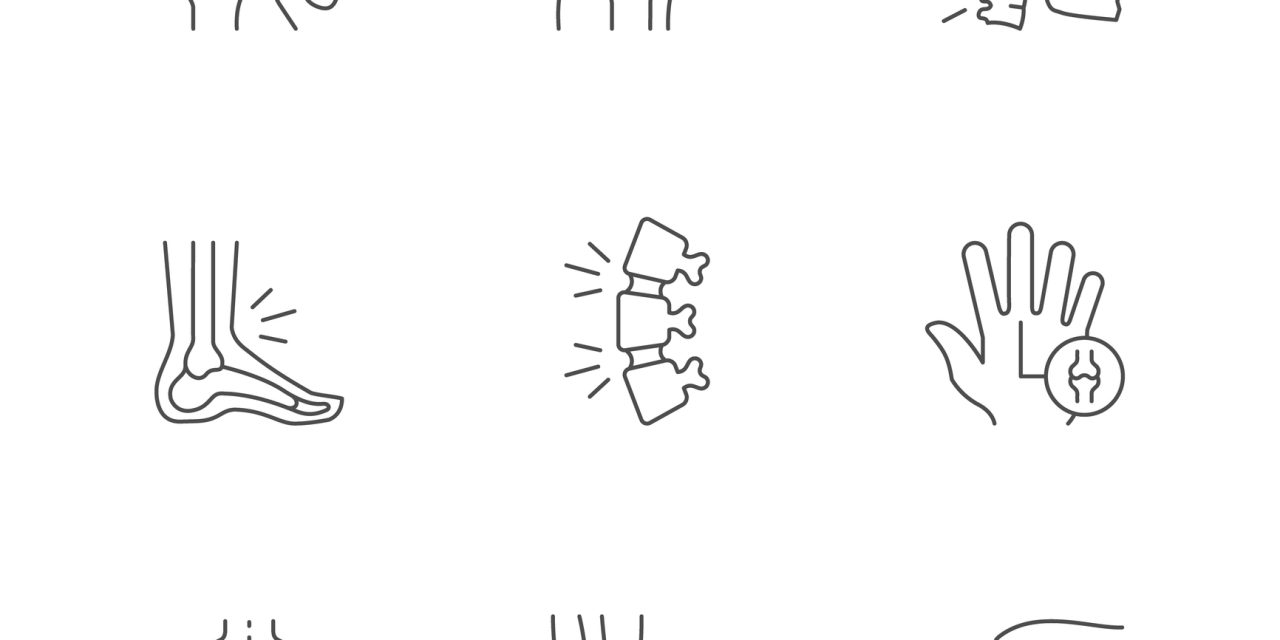Diagnosis and treatment of primary biliary cholangitis (PBC) are often complicated by hepatic and/or extrahepatic manifestations, which in turn affect the natural course and prognosis of PBC. This study evaluated the clinical characteristics and prognosis of PBC co-occurring with intrahepatic and extrahepatic autoimmune disease (AID).
Clinical data of patients with PBC who were admitted to the Beijing Ditan Hospital from September 2008 to December 2014 were retrospectively reviewed, assessed for other autoimmune diseases, and analyzed statistically. All patients received ursodeoxycholic acid (UDCA) treatment.
Data from 505 patients were evaluated. Approximately 35.0% of patients had at least one additional AID. AIDs included Sjögren’s syndrome (SS; 26.3%), autoimmune hepatitis (AIH; 7.1%), rheumatoid arthritis (RA; 1.4%), hypothyroidism (0.8%), Graves’s thyroiditis (0.6%), systemic lupus erythematosus (SLE; 0.4%), and Hashimoto’s thyroiditis (0.2%). No differences in response rates of UDCA were found between the PBC group and the PBC-SS group or PBC complicated with AID group (both > 0.05). White blood cell (WBC, RR = 1.072, 95% CI: 1.016-1.130, =0.011), platelet counts (PLT, RR = 0.995, 95% CI: 0.992-0.998, =0.003), and prothrombin time and international normalized ratio (PT/INR, RR = 1.799, 95% CI: 1.010-3.206, =0.046) were independent prognostic factors in patients with PBC. The overall survival time of patients in PBC-AIH and PBC-SS groups was shorter than that of those with PBC ( < 0.001).
AIH was the most common in hepatic comorbidity. SS was the most frequent extrahepatic comorbidity. WBC, PLT, and PT/INR were independent prognostic factors in patients with PBC. AID coexisted with PBC impaired patients’ survival.
Copyright © 2021 Yuwei Liu et al.
Clinical Characteristics and Prognosis of Concomitant Primary Biliary Cholangitis and Autoimmune Diseases: A Retrospective Study.


